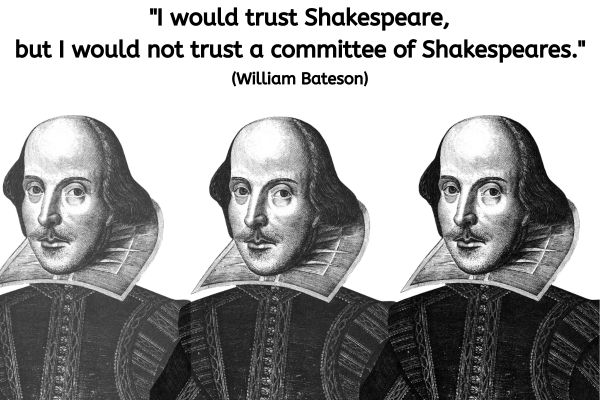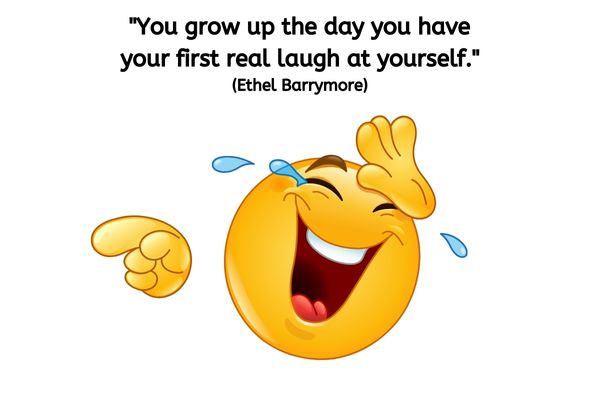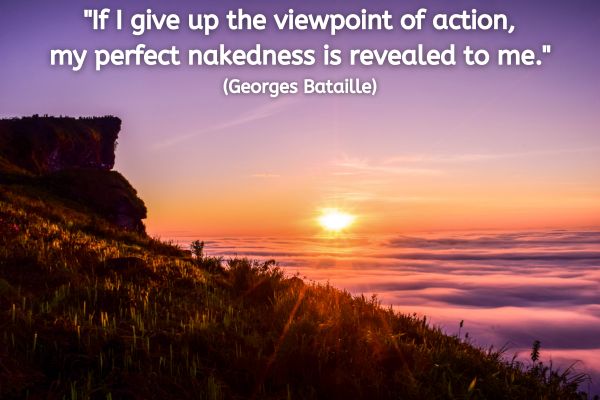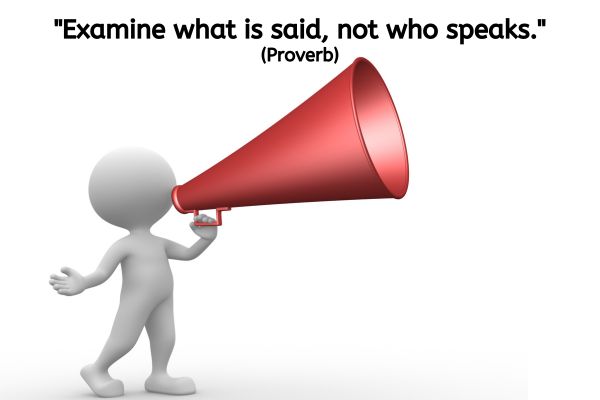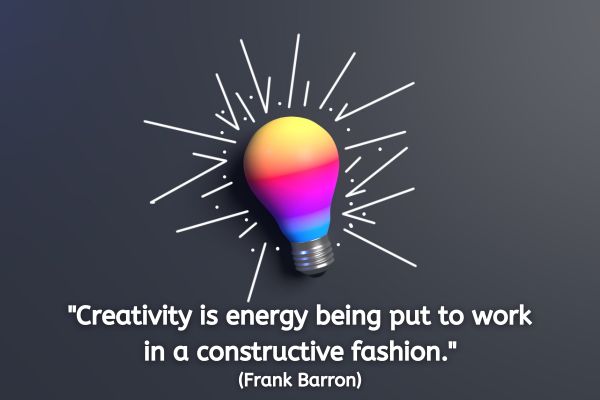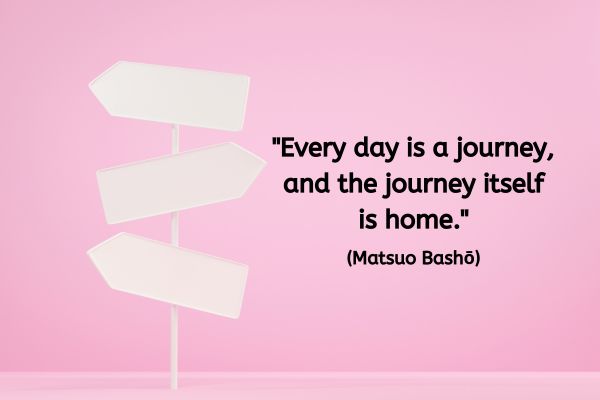The quote of the day is:
“Creativity is energy being put to work in a constructive fashion.” (Frank Barron)
Frank Barron (1922–2002) was an American psychologist and professor renowned for his pioneering research on creativity and personality. He dedicated much of his career to understanding the nature of creativity, exploring how it manifests in individuals, and identifying the traits that contribute to creative thinking.
Defining Creativity
When we hear the word “creativity,” many of us immediately think of artists, musicians, writers, or inventors—those who produce works of art, compose symphonies, pen novels, or develop groundbreaking technologies. But is creativity limited to these traditional forms of artistic and intellectual expression?
According to Frank Barron’s perspective in this quote, creativity is simply energy applied constructively. It’s about channelling our thoughts, ideas, and efforts into something that brings about a new or improved outcome. This definition broadens the scope of being creative beyond the arts and sciences, making it accessible to everyone in their daily lives.
Do you consider yourself creative?
Take a moment to reflect: Do you consider yourself a creative person? If your immediate answer is “no,” you’re not alone. Many people believe that creativity is an innate talent reserved for artists, writers, or “creative types.” However, this is a misconception that limits our understanding of our own potential.
What if creativity wasn’t a special activity that you either can or can’t do? What if, instead, creating is simply about bringing something into the world that didn’t exist before? This could be anything—a meal you’ve prepared, a spreadsheet you’ve organized, a solution to a problem at work, or even a thoughtful message you’ve written to a friend.
Everyday Acts of Creativity
Let’s consider some examples of everyday creativity:
- Cooking a Meal: Combining ingredients in a new way to create a delicious dish.
- Organizing a Spreadsheet: Structuring data to make information clear and accessible.
- Writing a Shopping List: Planning meals and considering the needs and preferences of your household.
- Problem-Solving at Work: Developing a new process to improve efficiency or address a challenge.
None of these activities may seem traditionally “creative,” yet each involves putting energy to work constructively to produce something new or improved.
Notice which activities you might dismiss as “not really creative” and which you value more highly. Society often places greater value on certain types of creative expression, but that doesn’t diminish the creativity inherent in other activities.
- Why do we devalue some forms of creativity?
- Are we overlooking our own creative contributions because they don’t fit a traditional mould?
Embracing Your Creative Potential
What if it’s not that you’re not creative, but rather that you’ve innocently been valuing certain types of creations above others? By expanding our definition of creativity, we can begin to recognise and appreciate the multitude of ways we contribute creatively every day.
Benefits of Recognising Your Creativity:
- Increased Confidence: Acknowledging your creativity can boost your self-esteem and encourage you to take on new challenges.
- Enhanced Problem-Solving Skills: Seeing yourself as creative opens your mind to innovative solutions.
- Greater Fulfilment: Valuing your contributions adds meaning to your daily activities.
Conclusion
Creativity is not confined to grand artistic gestures or groundbreaking inventions. It’s an energy that each of us harnesses whenever we engage in constructive action. By redefining creativity and recognising it in our everyday lives, we unlock a powerful aspect of our potential.
I invite you to reflect on your daily activities and notice the creative energy you bring to them. Celebrate these moments of creation, no matter how small they may seem. Remember, every time you put energy to work constructively, you’re engaging in the beautiful act of creativity.
About Jen Waller
Jen Waller is a transformative coach dedicated to empowering individuals to get out of their own way and make a meaningful impact in the world. With an impactful, nurturing coaching style, Jen supports clients in unlocking their potential and achieving their goals. As an experienced coach and trainer, she guides clients from self-doubt to success.
Discover how Jen can support you to get out of your own way here.
